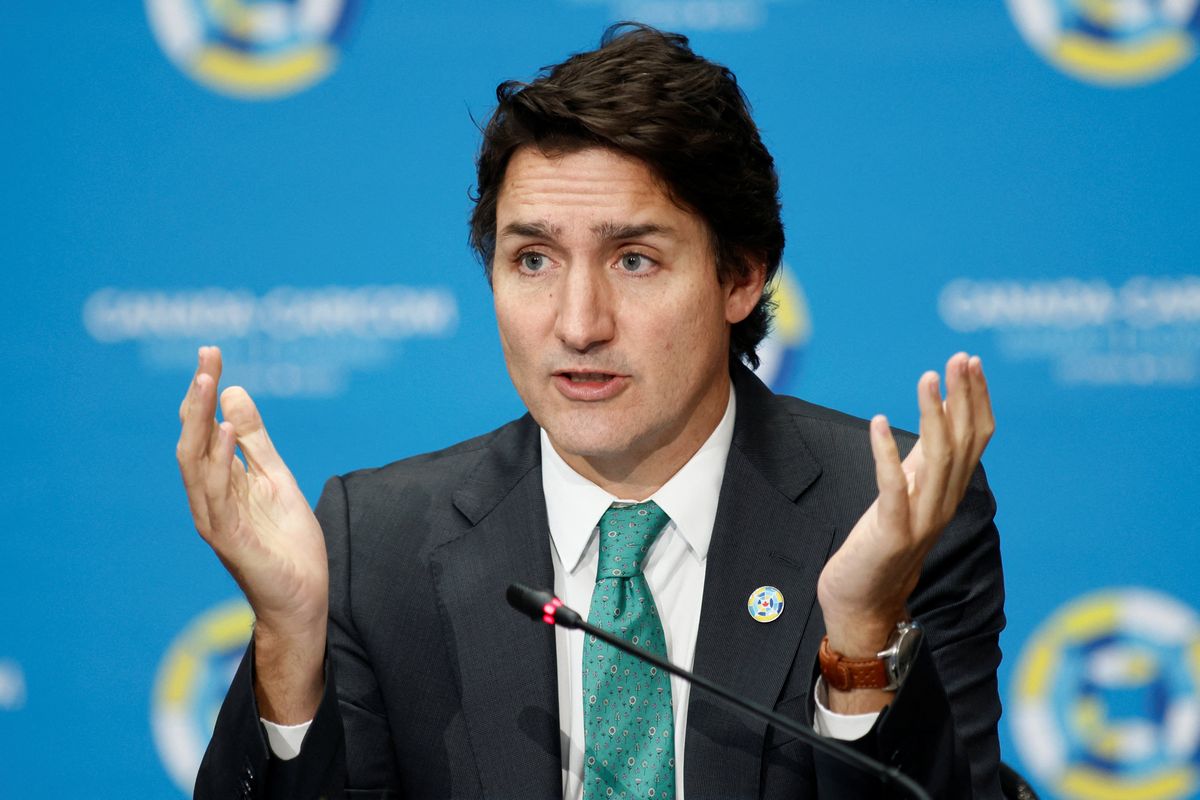A group representing Canadian news organizations has called on the federal government to make changes as requested by Google to a new law requiring the tech giant to make payments to news outlets.
The Trudeau government passed a law in June that will require tech platforms that carry links to Canadian news outlets to make payments to those organizations. It is part of an effort to save the news industry, which has failed to find revenue sources to make up for advertising lost to the social media titans.
Rather than paying up, Meta denounced the law and blocked Canadian news content from Facebook and Instagram, which has cratered web traffic for some outlets. Google kept negotiating, but after the government published proposed regulations, it asked for changes to the legislation that would establish a firm ceiling for payments, rather than a floor on financial liability, and allow Google to negotiate deals that provide for training or other benefits rather than financial payments.
Canadian outlets, struggling to deal with a loss of traffic from Meta, quickly backed Google’s proposed changes. This suggests that the government may be able to find a compromise with the internet search giant, which is presumably nervous about setting a precedent that could cost it money in other jurisdictions.
Last month, Trudeau said Canada would not back down from its plans, and that at the G20 summit in New Delhi, other leaders urged him to stand firm. “Countries around the world are actually … saying, 'Stand strong because this really matters. This is not an easy fight but it's the right fight to be in."
American lawmakers are watching to see how the struggle in Canada plays out.
Canada’s law was inspired by a similar measure in Australia, and in the United States, there is a bipartisan push to bring in a similar structure. A California law is to come up for a vote next year, and publishers are pushing for a national law that has been proposed by Democratic Sen. Amy Klobuchar and Republican Sen. John Kennedy.






